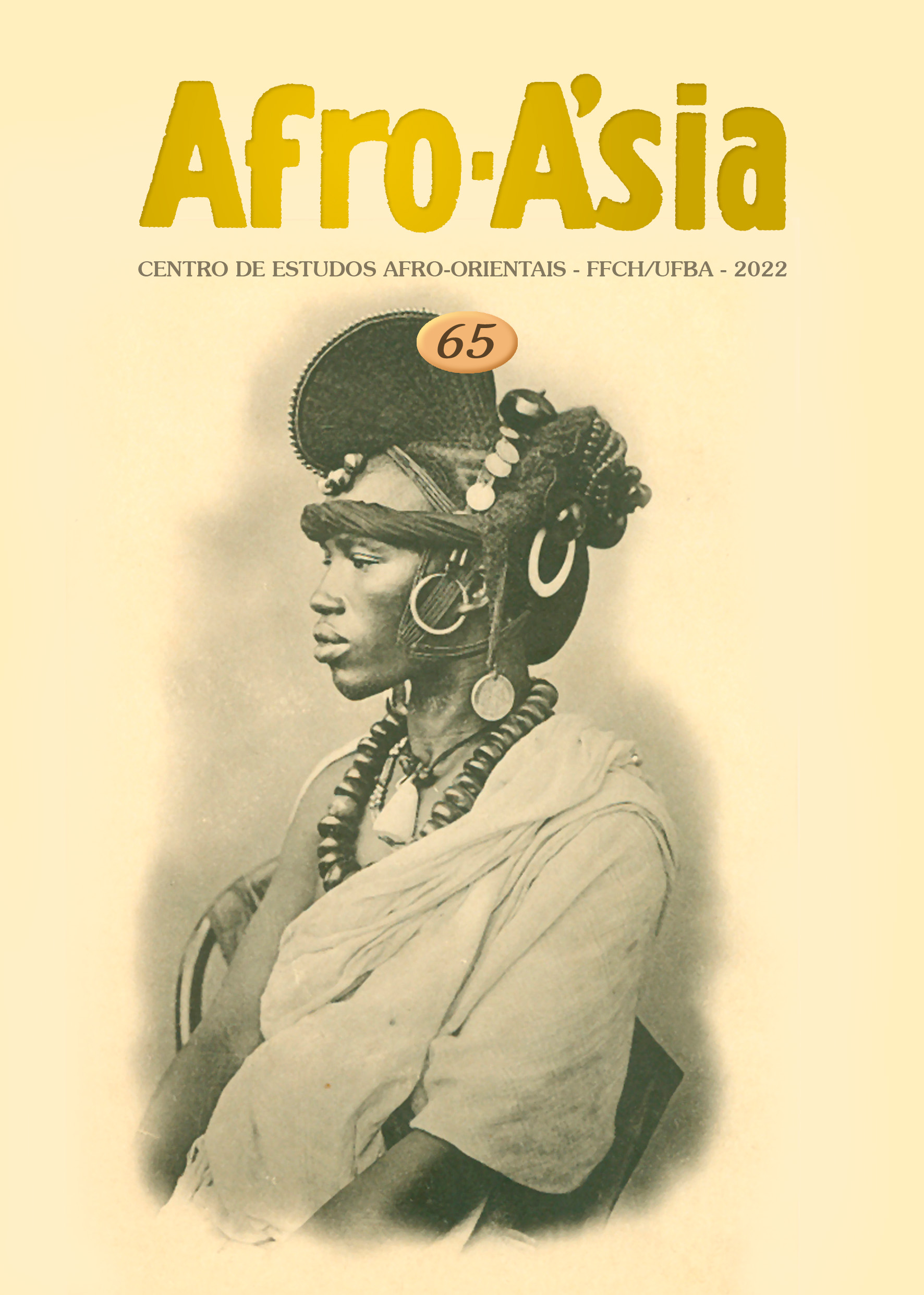A New Captivity?
The End of the Slave Trade and the Engagés à Temps in Senegal (1817-1848)
DOI:
https://doi.org/10.9771/aa.v0i65.44962Keywords:
Abolition, Senegal, Indentured labor, FreedomAbstract
In the first decades of the nineteenth century, bilateral agreements initiated by Great Britain led to the prohibition of the slave trade in several parts of the Atlantic World. In these processes, new categories of workers emerged that often had in common labor experiences that were theoretically conceived of as free, but that, in practice, represented new forms of exploiting and controlling the labor of African peoples. In this article, I examine the trajectories of these workers in Senegal, then a French colonial possession on the West African coast, where the slave trade was prohibited in 1818. There, workers known as engagés à temps included both former captives rescued from vessels engaged in the illegal slave trade and those who were “rescued” or acquired outside Senegal and freed after a long “apprenticeship in freedom,” in which they had to work for a certain period of time. By connecting the journeys of these hired workers and the contractors who employed their services (“engagistes”), I explore the different meanings conferred on slavery and freedom as expressed by men, women, and children.
Downloads
Downloads
Published
How to Cite
Issue
Section
License
Copyright (c) 2022 Juliana Barreto Farias

This work is licensed under a Creative Commons Attribution 4.0 International License.
You are entitled to freely share, adapt and use the work herein published for any legitimate purpose as long as authorship and the original source are acknowledged.




